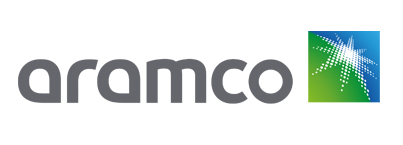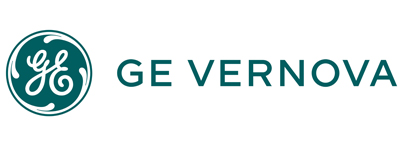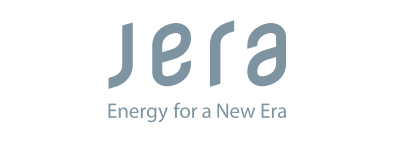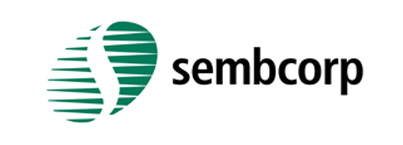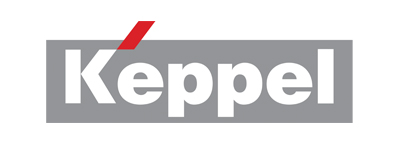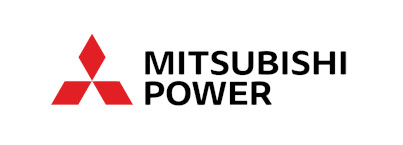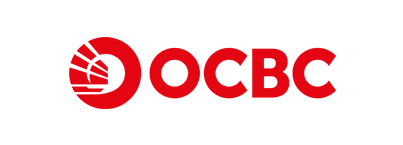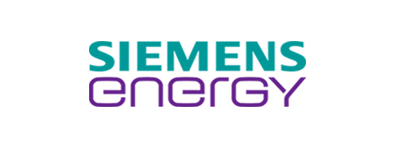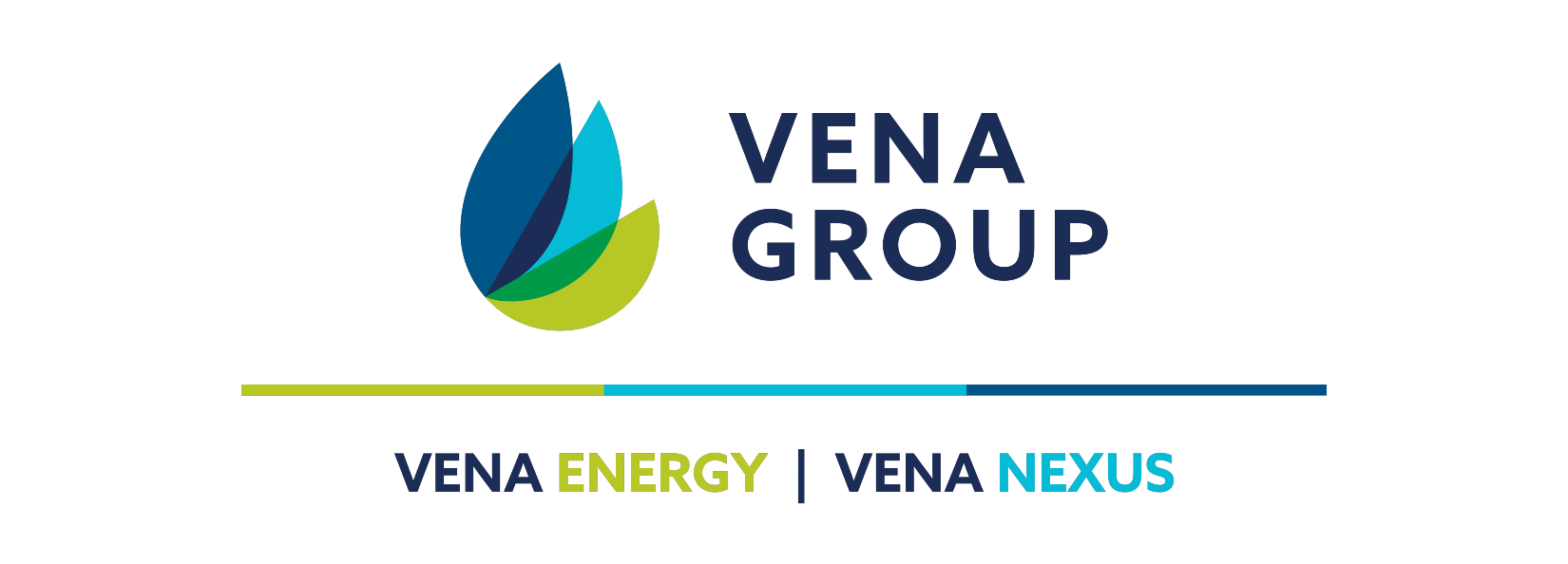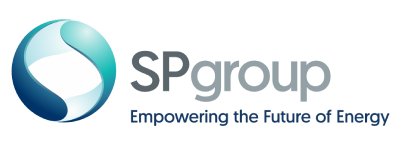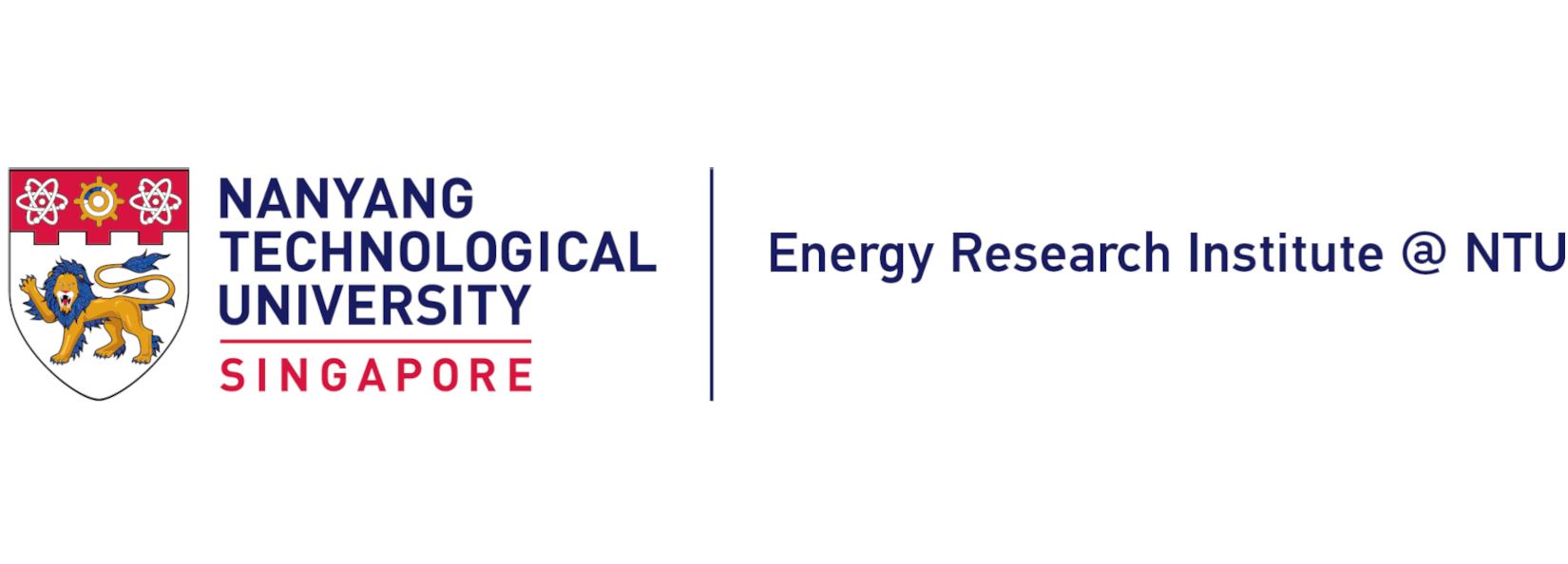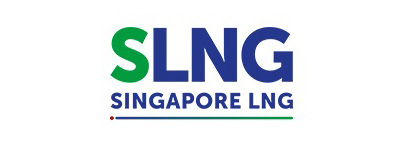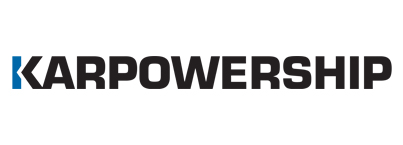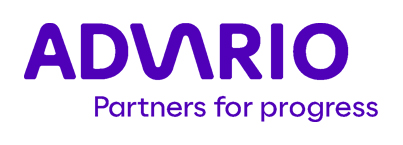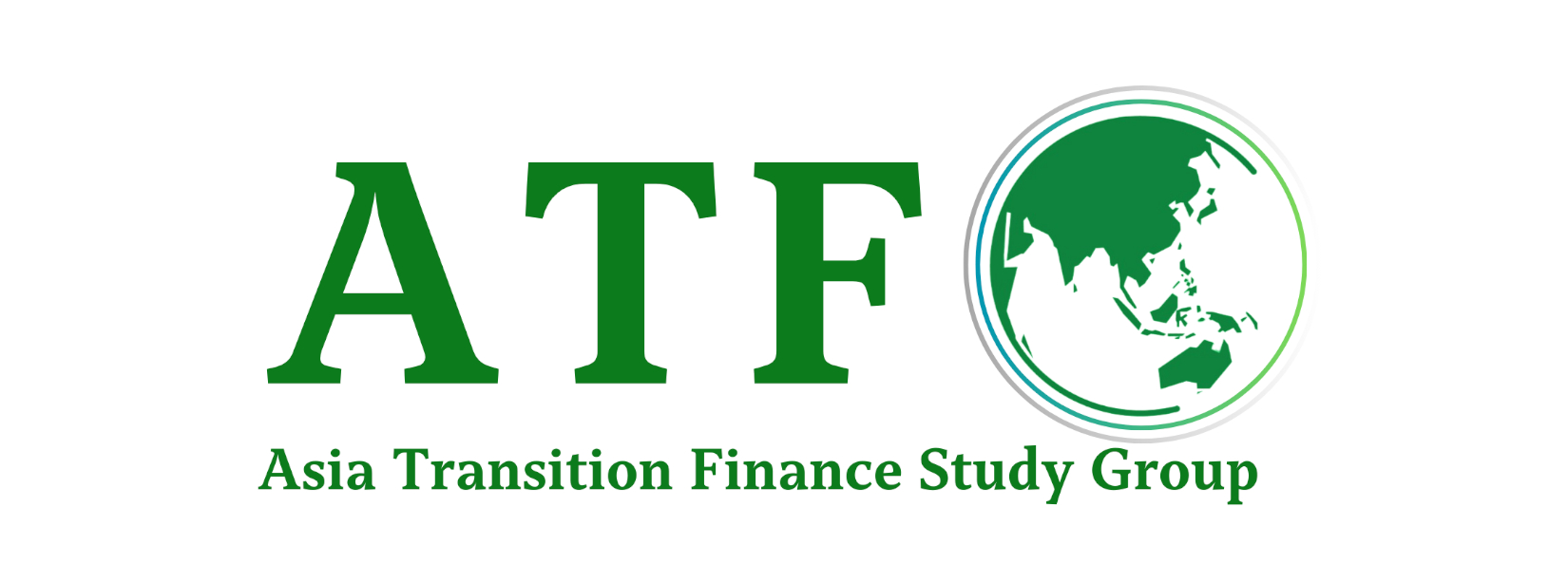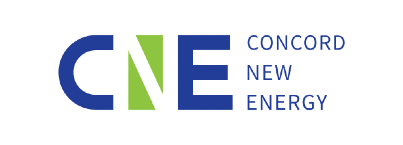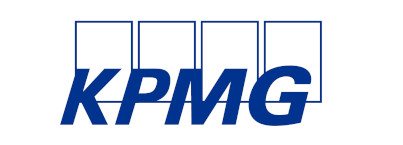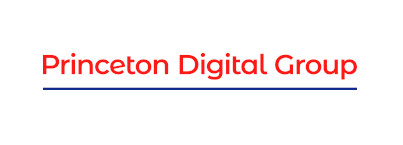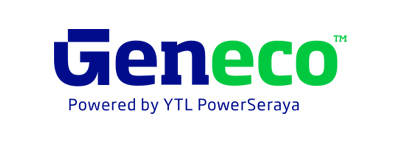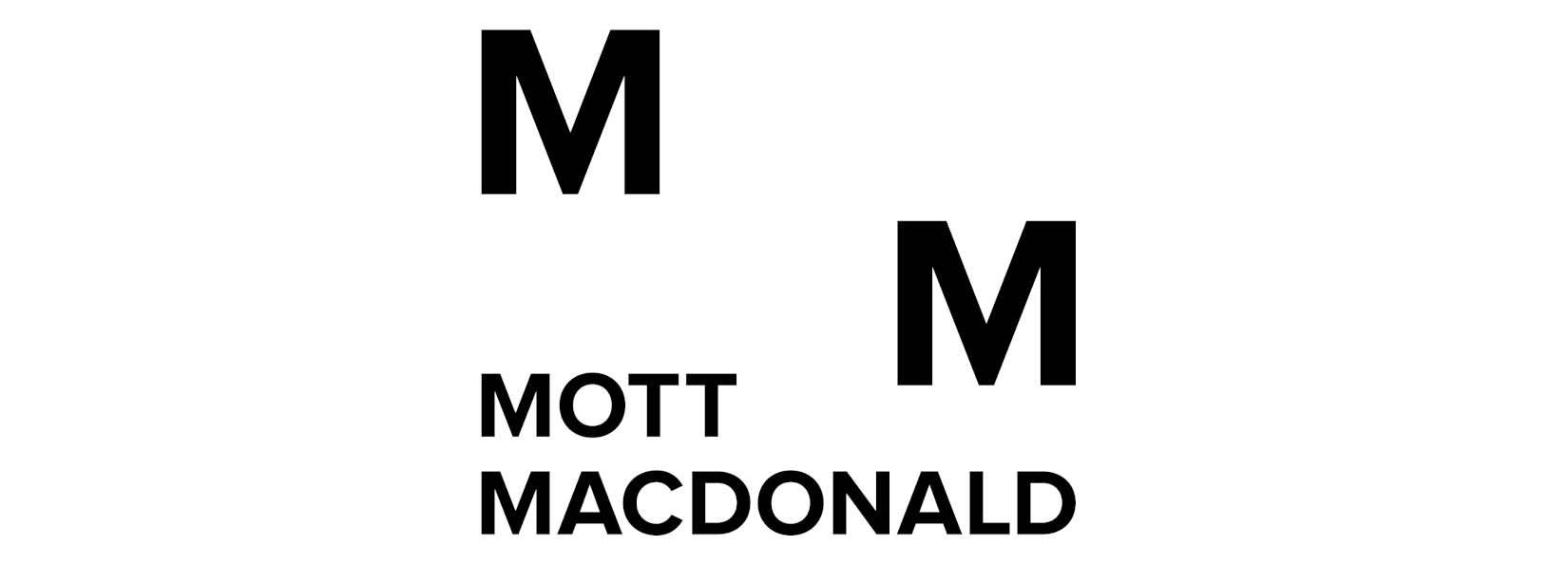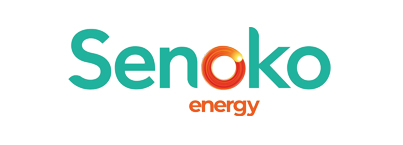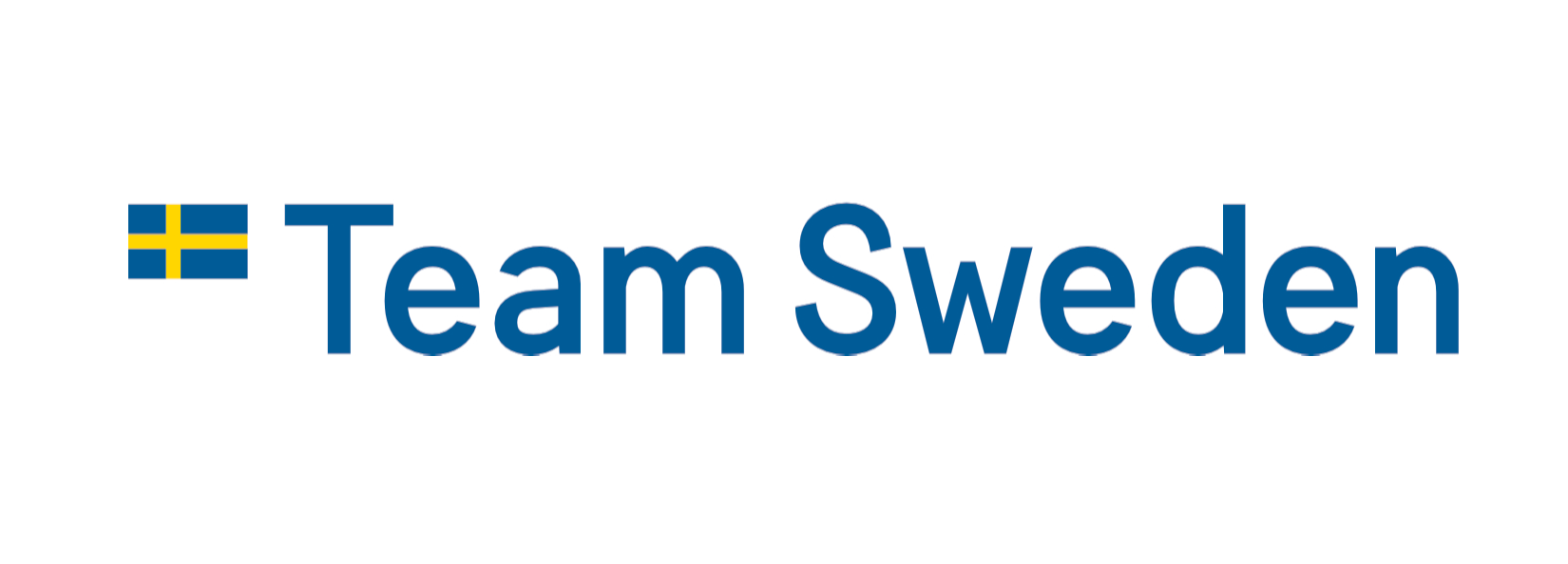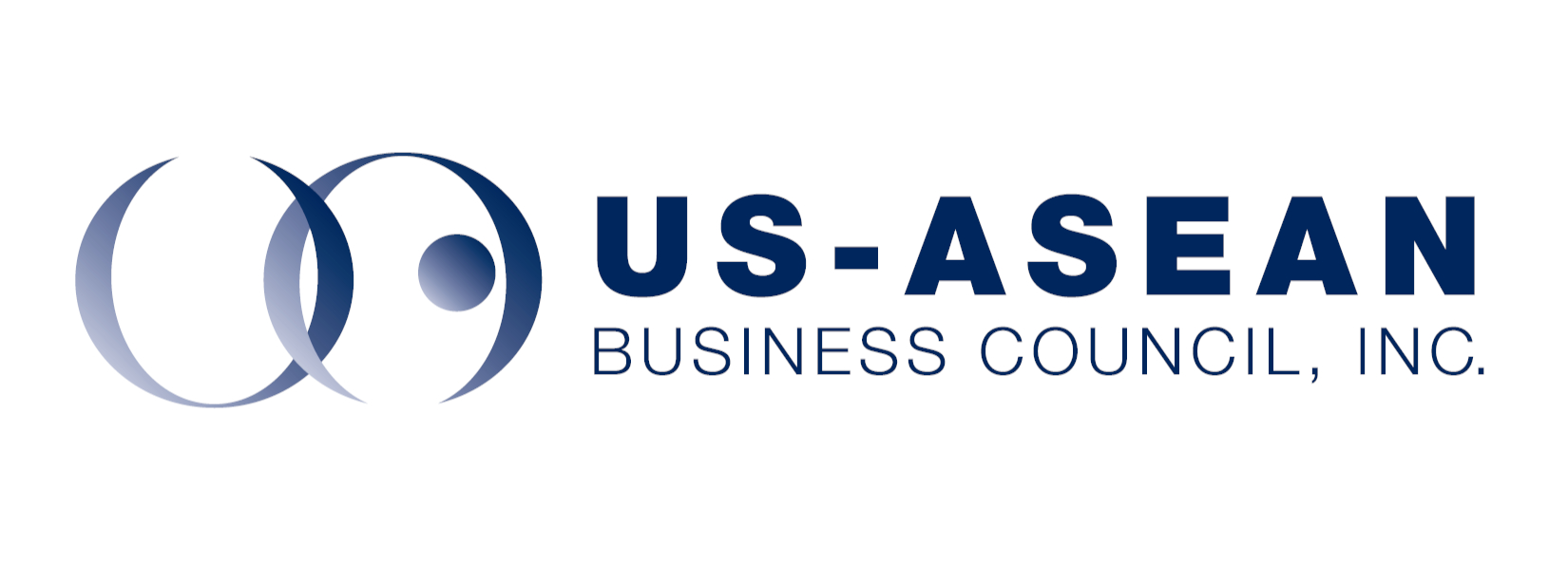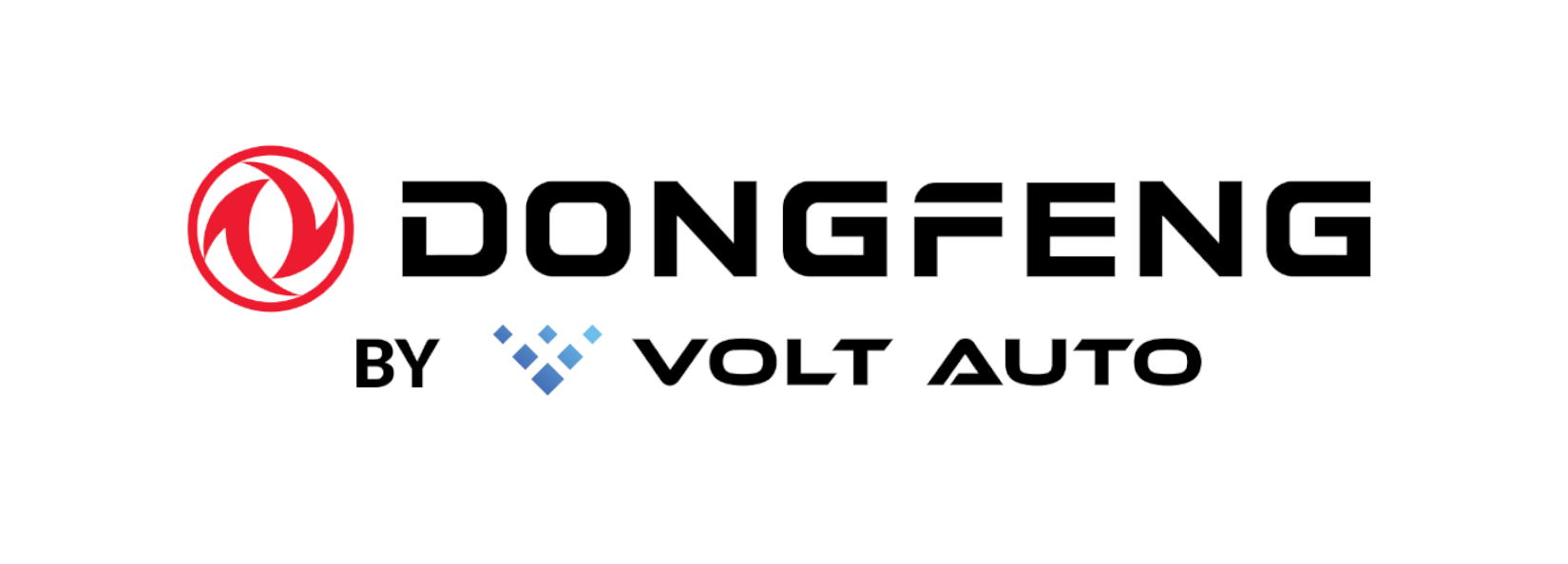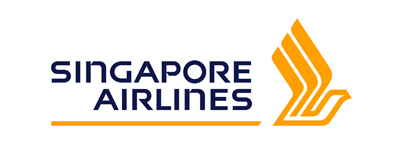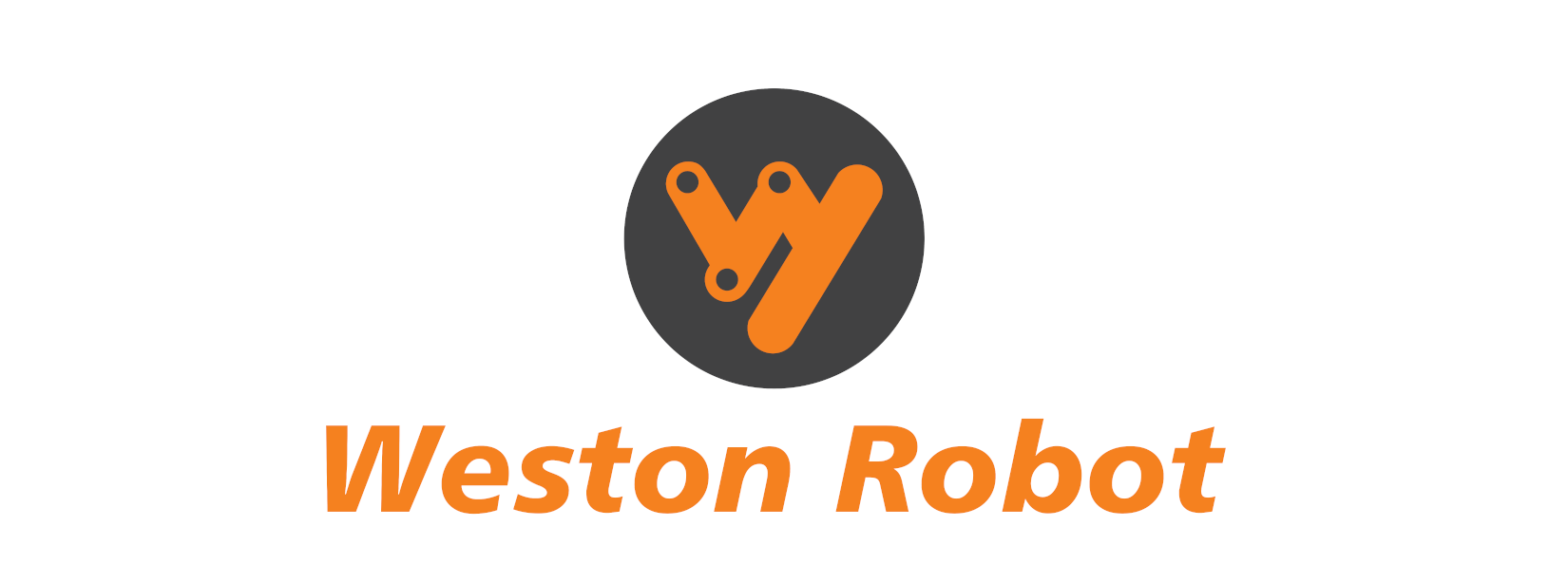There is enormous potential for countries and emerging economies in Southeast Asia to achieve the clean energy transition in the next two decades. However, countries would need to address how to support rapid growth in energy demand while avoiding carbon emissions. Lionel Choo reports
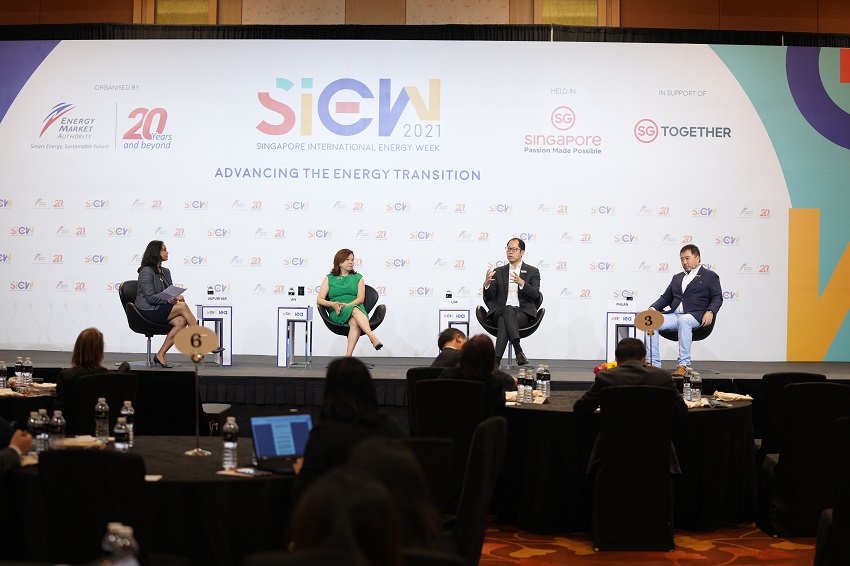
The huge potential for clean energy in Southeast Asia could rival the market size for fossil fuels by 2050, according to the International Energy Agency (IEA). In its IEA World Energy Outlook 2021 report, the agency expects tremendous growth in global clean energy deployment up to 2050. This could create a market opportunity for manufacturers in fuel cells, electrolysers, battery packs, wind turbines and solar photovoltaic (PV) modules worth a cumulative US$27 trillion.
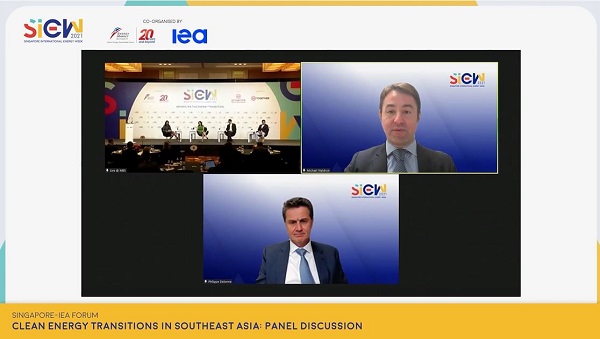
Michael Waldron, Head of Energy Supply and Investment Outlooks, IEA, said renewable energy is set to meet about 30% of energy demand growth by 2040. “For countries in emerging and developing Asia to meet its long-term sustainable development goals, this contribution of renewables will need to increase by over 50% by that time period,” he added.
Fundamental shifts needed in energy transformation
The path to decarbonisation could also mean transforming the existing grid infrastructure to decentralise power generation. This can be carried out through a network of net-zero energy buildings where the energy producer is also the consumer in energy-intensive sectors.
Underpinning this would be the proliferation of energy efficiency measures and a smart and efficient energy management system to manage distributed energy resources.
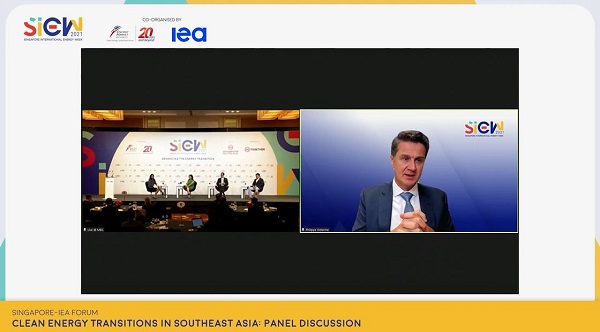
All of this, said Philippe Delorme, Executive Vice President, Schneider Electric, would require a paradigm shift from the old to the new energy economy. This also presents new opportunities for growth as most of the necessary technologies required are available today.
Role of sustainability goals and innovation
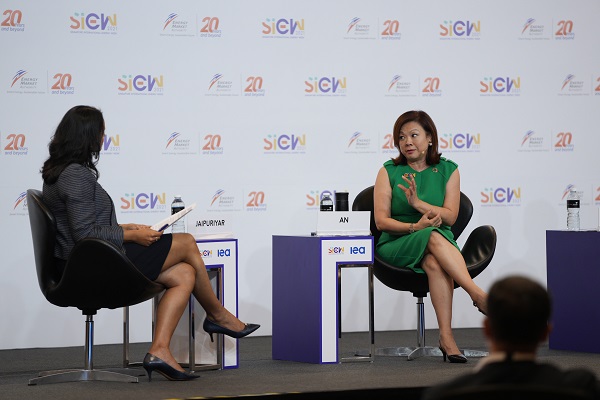
The building and construction sector can play an important role in the development of sustainable and net-zero energy buildings. Esther An, Chief Sustainability Officer of City Developments Limited, said real estate companies can help influence and drive sustainability change across the broader value chain, from contractors to tenants. This is especially when the building and construction sector accounts for about 40% of greenhouse gas emissions. The challenge would be to apply technologies in a quick and cost-effective manner.
Besides existing technologies, innovation would be needed to drive the clean energy transition too. This is evident in land-scarce Singapore where almost all solar deployment is distributed on rooftops. A large proportion of these is on residential building rooftops.
However, not all solar energy produced is used to meet electricity demand immediately. This is given that most of the energy consumption occurs at night when people are at home.
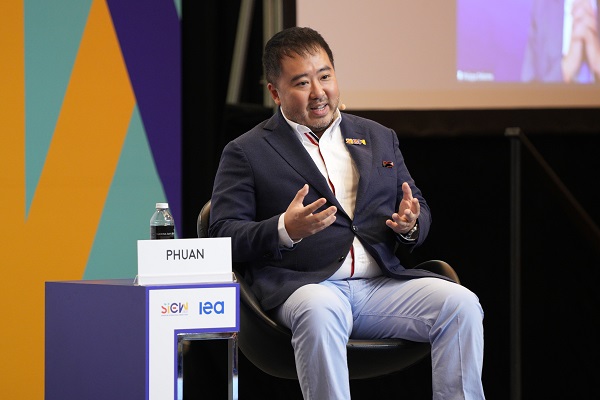
Frank Phuan, CEO of Sunseap, said this is where innovative business models, such as virtual Power Purchase Agreements, can be used to manage the mismatch in demand and supply. Businesses can also on-sell solar electrons in the day to other consumers to maximise solar energy's potential.
Role of financing and policy frameworks
When it comes to securing equity and debt financing for low carbon projects, the majority of developing countries will face challenges, noted Mr Waldron. This will be further compounded by the unique challenges faced in the energy sector.
Mr Waldron cited examples of longer-term contracts for renewable energy projects, development of renewable energy standards, and investments needed in nascent technologies. He also said that the clean energy transition and economic activity in the next few decades would need to be supported by sustainable financing and policy frameworks.
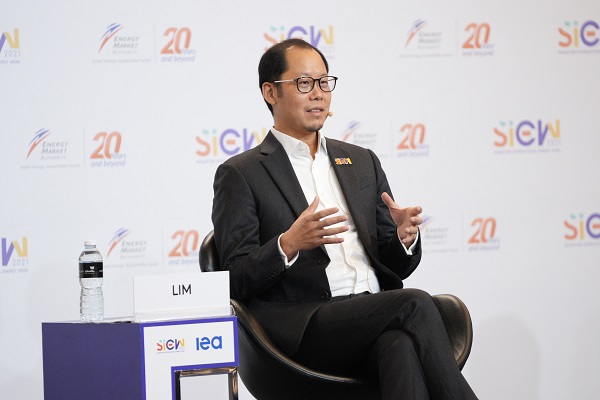
Eric Lim, Chief Sustainability Officer, UOB Group, shared his thoughts on building an ecosystem to support new regional developments in sustainable finance: "As countries and governments continue to increase the clarity of their national development plans and decarbonisation roadmaps, our role as a bank is to help support and forge a sustainable future together with our clients." He added that in the ASEAN region, the key transformation drivers are in renewable energy, green building and smart city developments.
Follow us on Twitter (@SIEW_sg) to get the latest #SIEW2021 updates throughout the day!
